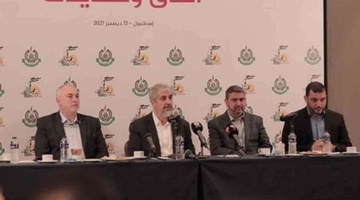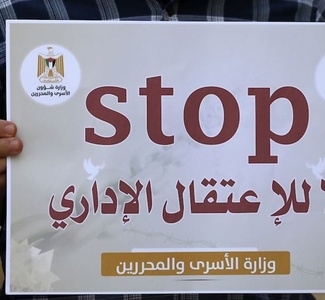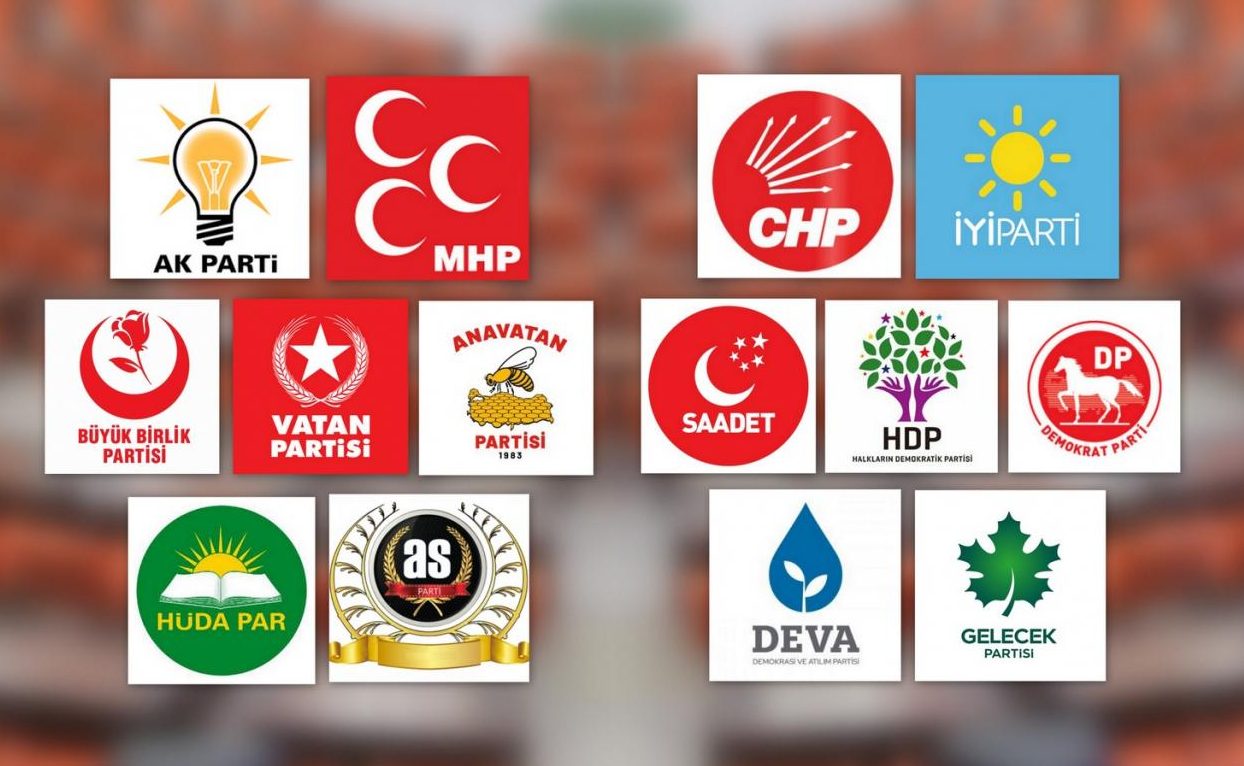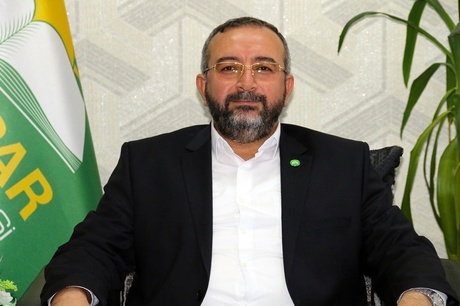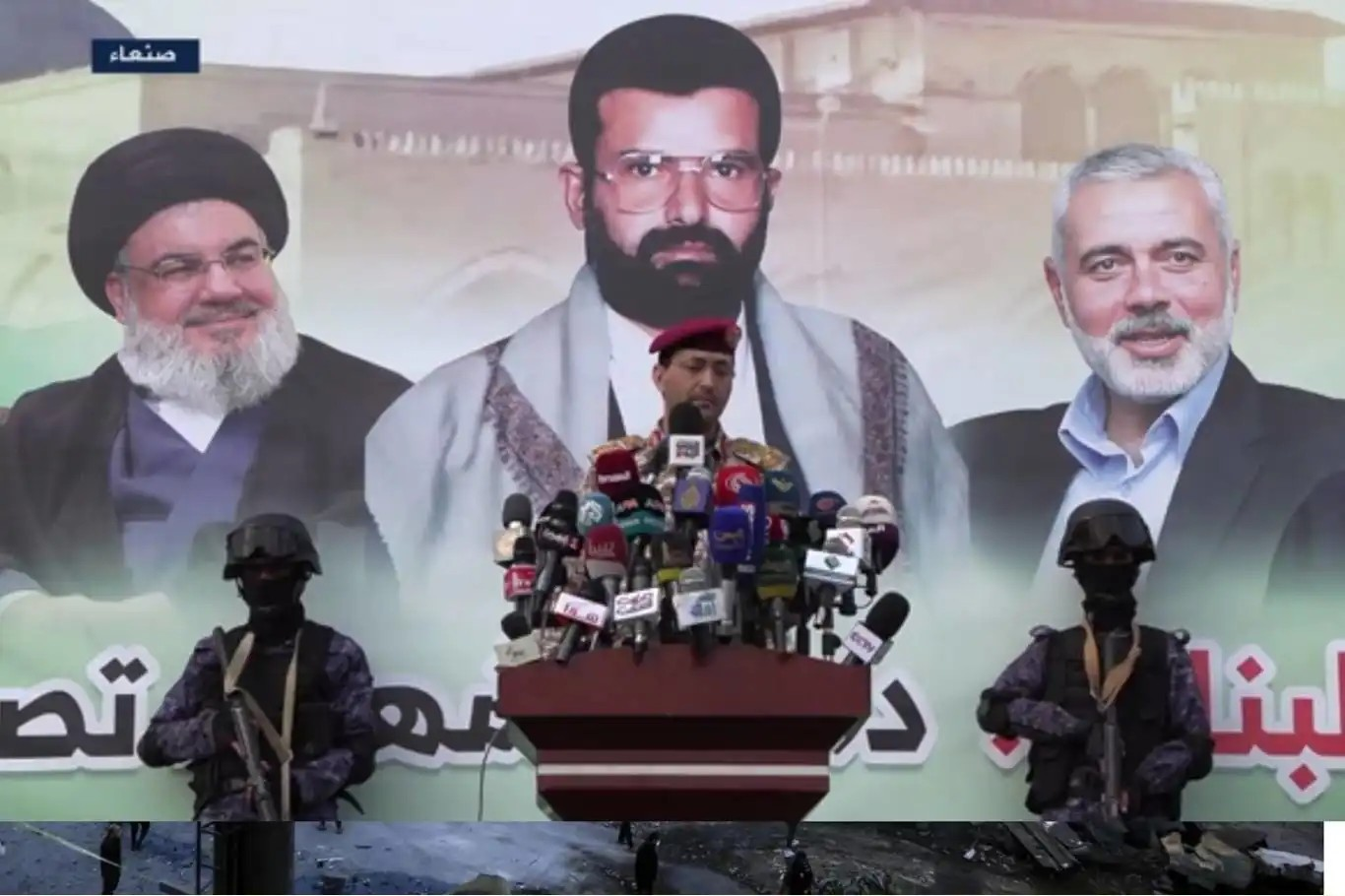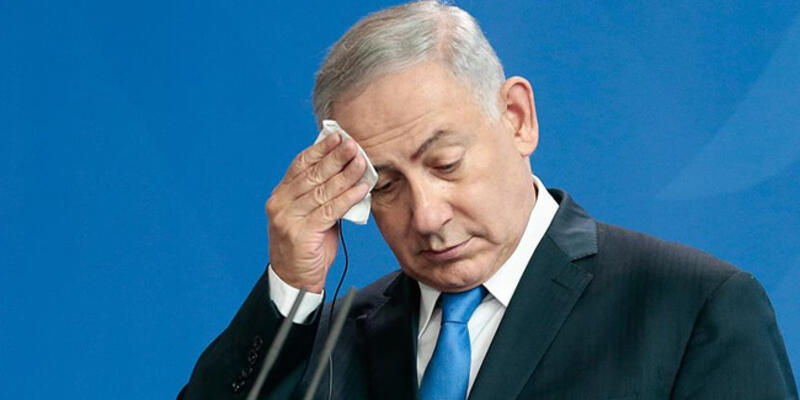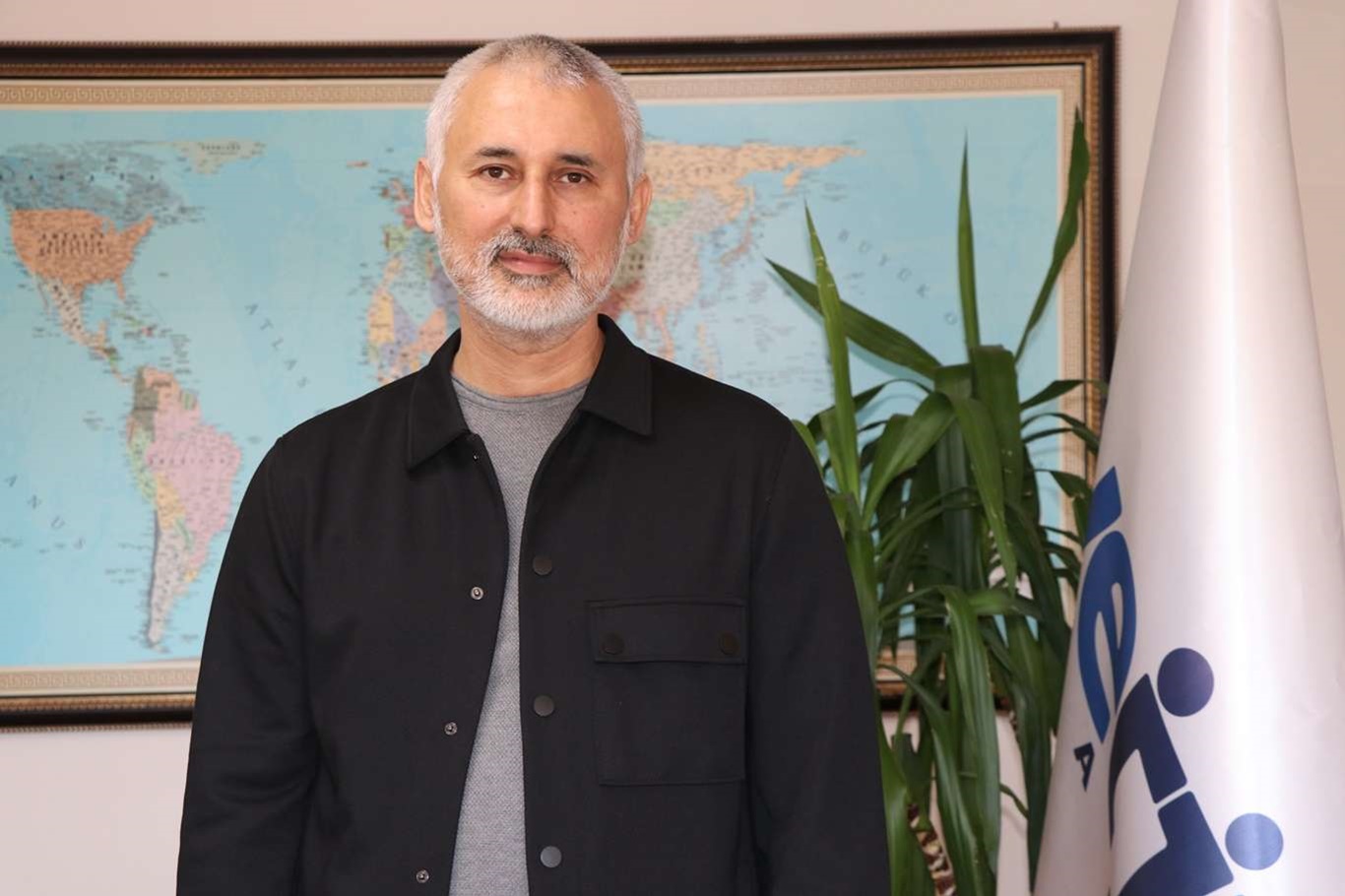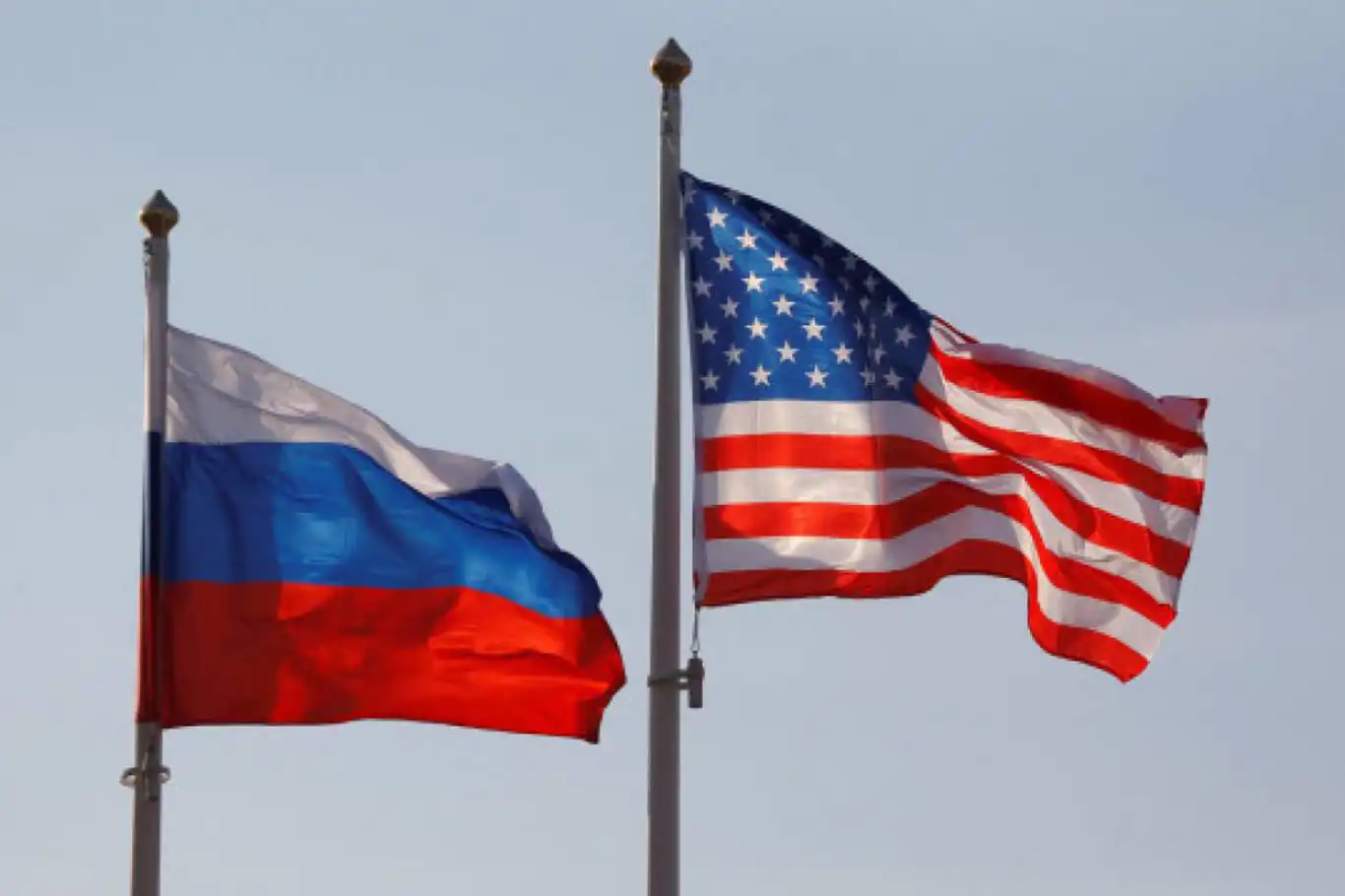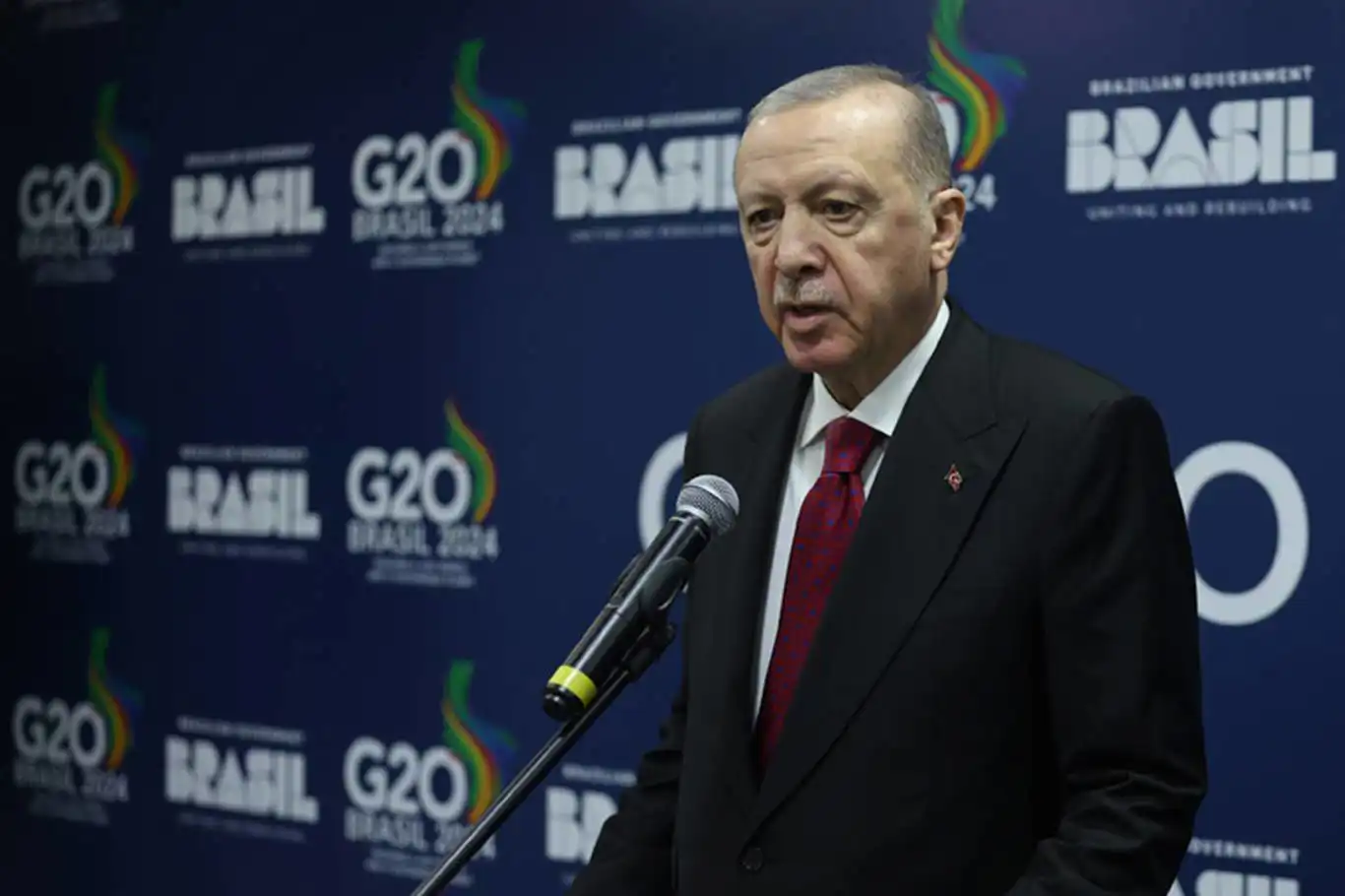PKK, the despotic copycat of Kemalism
Throughout history, profanity regimes have been united in hatred against Islamic headscarves or hijab regardless of the intellectual background. They saw the Islamic headscarf as the greatest threat for them and used all means to destroy it.
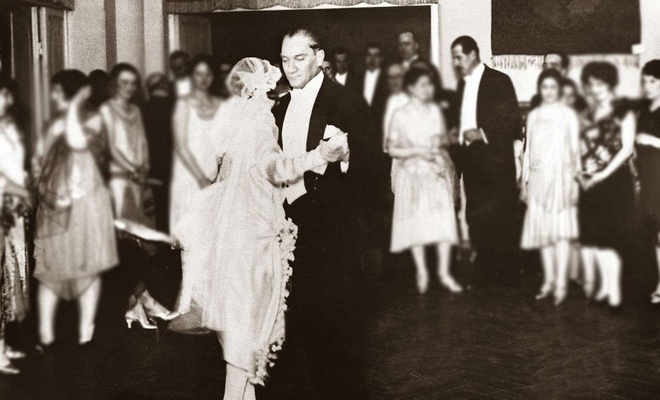
 Google News'te Doğruhaber'e abone olun.
Google News'te Doğruhaber'e abone olun. Common ground for profanity regimes is enmity against hijab
Throughout history, profanity regimes have been united in “hatred against hijab” regardless of the intellectual background. They saw the hijab as the greatest threat for them and used all means to destroy it. Since the hijab is one of most important of Islamic marks. And the women, with their hijab, shout out the existence of Allah and convey Allah’s sovereignty to every place they step on. They give lessons of chastity to the unchaste and distribute energy based on modesty to the society.
“The jilbab has been the undisputed uniform of Muslim women for centuries, as it fulfills everything Islam requires of a Muslim woman in the name of hijab. The jilbab is the pinnacle of Islamic nobility and at the same time Islamic elegance. These perfectly veiled Muslim ladies are the signposts on earth that remind people of Allah. They are the lines drawn by Allah on earth, it is His respect, His sacred inviolable place. It is the limit of what Allah wants to be observed.!
For this reason, the blasphemers saw the hijab as the biggest enemy of their own existence and resorted to despotic practices and sometimes devilish tricks and deceptions to remove it from society. Let's take a look at our recent history…
The year 1916… During I. World War… A time when Islamic countries were under occupation and shattered… The place was Sarıkamış, in another word, the Eastern Front of Ottoman Empire, where about 125,000 soldiers, who didn’t have any coats or other winter clothing in severe winter weather, froze to death without firing a single shot. While hundreds of thousands of lives were lost as a result of the shortsightedness and ambitions, other issues were on the agenda somewhere. The topic of their conversation was neither the Islamic lands plundered by the imperialists nor the lives, property, and honor of the Muslims. There was a more important(!) issue in the minds of those who raised us to the level of contemporary civilization...
We quote the note that Atatürk kept on his way back from Bitlis to Silvan on November 22, 1916, from the diary he wrote on the Eastern Front:
“Our conversation with the chief of staff about the abolition of women's veiling and the improvement of our social life:
- To educate mothers who are able and know life
- To give women freedom
- Being with women is a factor in men's morals, ideas, and feelings
Yes, the issue that Atatürk talked about with Izzetin Çalışlar, the Chief of Staff, while Muslims were fighting against blasphemy on all fronts is this: the abolition of women's hijab, their freedom (!) and the positive impact that coexistence with women will have on men's decency, feelings and thoughts.
Which is more devastating? On one side of the Front, more than 90,000 poor soldiers froze to death and surrendered their souls to their Lord due to the foresight and ambitions of the Committee of Union and Progress? On the other side, the calculations on the woman's hijab in the middle of the war?
Year 1918… Karlsbad city near Vienna…
The subject was again to raise the level of contemporary civilization… What should be done was in Atatürk’s memoir which was written in Karlsbad…
“Finally, the conclusion: Let us be brave on the issue of women. Let us leave the delusion. Let them rid of the hijab…
In a time when an Islamic country was brought into the First World War for the sake of ambitions, raised the flag of jihad for its religion and honor on every front, the lives of its hundreds of thousands of children was wasted in the war, and the war was still ongoing... And at such time, the suggestions of 'let's be brave' against the hijab of women…
As a matter of fact, in the early days of the War of Independence, Atatürk told Mazhar Müfit Kansu, one of the closest people to him, who was also the president of the Independence Tribunal, who judged Sheikh Said, that the caliphate and the hijab would be lifted. We quote the conversation between them from the memories of Mazhar Müfit Kansu:
-Mazhar, is your notebook with you?
-No, pasha.
-if it isn't too much trouble, can you go up to get it?
When Atatürk saw that I was bringing the notebook, he took a few puffs at his cigarette and said: “But you will not show this leaf of the notebook to anyone. It will be kept secret until the end. Only Süreyya, you and me will know that, this is my condition…”
We accepted the pasha’s condition. “So, at first write down the date”, he said. I wrote the date down, ‘July 7-8, 1919, the early hours of the morning’.
“Well, write,” he continued.
“First, after the victory, the system of our government will be a republic…
Second, Necessary steps will be taken against the Sultan and his Dynasty when the time comes.
Third, the hijab will be lifted.
Fourth, fez will be removed and hats will be worn like civilized nations.”
Suddenly, the pen fell off my hand. I looked at his face. He was also looking at my face. This was conservation between the eyes that tell many things to each other at a glance. Sometimes, I used to be on a first-name basis with him.
-Why did you stop writing? He asked.
I said: “Don't be offended, but pasha, you sometimes become an actual knight errant.”
He laughed.
“Time will tell, keep writing,” he said.
“Fifth, Latin letters will be adopted.”
“Pasha, enough is enough…,” I chided.
With the manner of a person who is tired of dealing with dreams, I said: "Let's succeed in the establishment of the Republic, it will be enough and to spare!" I closed my notebook and tucked it under my arm. With the manner of a disbelieving man, I said: "It's morning, Pasha. You will continue to sit, bye..." Then I left. The first light of dawn had really risen over the horizon.
I should explain before the History that how the events deluded me and vindicated Mustafa Kemal and how Mustafa Kemal years later reduced me to silence with a sentence…
After years, several times at dinner at Çankaya, Mustafa Kemal said: “When I told Mazhar Mufit in Erzurum that hijab would be removed, the hat would be worn and Latin letters would be accepted and asked him to write what I told him, he tucked his notebook under his arm and told me that I was chasing dreams.”
Not only that, he taught another important lesson one day. He was returning from Kastamonu after having announced the hat revolution. When he came to Ankara, I was in front of the old parliament building by car. I couldn't believe what I saw!
Sitting next to him, the head of the Directorate of Religious Affairs also had a hat on his head. Not only he had worn a hat but also made the head of the Directorate of Religious Affairs, who was among those who came to welcome him, to wear a hat.
While I was watching this scene in amazement, he stopped the car. He called me to him and said:
-My dear Mr. Mazhar, which item are we in? Are you looking at your notes?"
In another book on Atatürk's life in Istanbul, we see that he was trying to bring his ideas about removing the hijab to life…
“Atatürk was sitting at the table prepared for him in the garden, where he was greeted with enthusiastic applause. While the couples who threw themselves to the dance floor to see Atatürk closely, turned around happily, some women who covered their heads with ordinary cloths caught Atatürk's attention. Atatürk called the dancing daughter of a doctor named İhsan Bey and said:
-Ma’am, I think you will be more beautiful if you take off this headscarf, give it a try if you want.
Upon Atatürk's address, the young girl took off her headscarf and continued the dance. Satisfied with this, Atatürk danced with the same young girl a few minutes later.
Atatürk gave the same advice to the other ladies who danced with the headscarf, saying that they would be better off if they took off the veils. Thereupon, all the women at the ball took off their headscarves.”
It can be said that these women were willing to take off their hijab, so they took off their hijab at the request...” However, do not forget that it is not easy to oppose such a request at a time when people were hanged for the hat. The officials used to say “If necessary, let’s give some sacrifices for the sake of the dress reform.”
When we look at the attempts to ban the hijab during the first years of the Republic, the following detail will be seen: “The prohibition of the hijab was not done by force, as in the hat law, but by persuasion. According to Lord Kinross, M. Kemal "had to be prudent" here, because "putting a hat on a man's head in Turkey was one thing, but tearing a woman's veil was quite another. Such a change could not have been achieved neither with the Laws of Takrir-i Sükûn nor with the Independence Tribunals.”
As a matter of fact, Mustafa Kemal’s advice to Afghan King Amanullah Han, “Go slowly in women’s clothing” supports Lord Kinross’ thoughts.
In a speech he made in Inebolu on August 27, 1923, Mustafa Kemal said the following about the hijab: “During my travels, I saw that our women were covering their faces and eyes very intensely and meticulously, not in villages but especially in towns. I guess this style is definitely painful for them, especially in this hot season. Guys, this is a bit of our selfishness. It is a requirement that we are very honest and careful. But, dear friends, our women are also wise and thinking people like us. After instilling in them the sanctity of morality, explaining our national morality, and equipping their minds with light and cleanliness, there is no need for selfishness. Let them show their faces to the world. And let them see the world carefully with their eyes (…) Friends, I say privately. Do not be afraid, this course is compulsory (…) I should know that if you want to reach such a high and important result, you have to make some sacrifices. It is of no importance (…) It is in vain to resist the raging flood of civilization…”
Firstly, the efforts to persuade, then the threat of 'let's give some sacrifices if necessary... Three days after this speech, he clarified his words in another speech he gave in Kastamonu:
"In some places, I see women who wear a cloth or a loincloth or something like that, hide their face and eyes, and either turn their backs or sit on the ground against men who pass by. What is the meaning and sign of this attitude? Gentlemen! Does the mother of a civilized nation, the daughter of a nation, enter this strange form, this wild state? This is an image that makes the nation look humorous. It needs to be fixed immediately…”
The process that started with persuasion turned into an open intervention after this speech. The first attempt on the subject was made by the Ministry of Education on January 15, 1924. With a circular sent to schools, female teachers were prohibited from entering the classes with veils.
In the following processes, a circular was sent from the Ministry of Interior to all governorates, banning chadors and veils, and fines were given to those who resisted. Yes, those who wear chadors in a Muslim country have been fined. (You can also find the names of many people who were fined in the relevant sources.)
The regime, which could not completely remove the veil from the society with the laws and despotic practices prepared, considered the struggle with the veil a national duty on April 23, 1937, and said:
Hijab and chadors, which are never appropriate to be seen by the women of a nation equipped with civilized qualifications, are occasionally encountered in the far and away (…) The Turkish civilized regime is never in favor of such ugly and trivial clothes. Every citizen should know well that those who do not comply with the revolution and the regime will be regarded as prone to reaction and crippled by this ugly desire and tendency. It is a national and legal duty and obligation for the wives of men who use their civil rights very well to surrender their civil rights as well!..
From where to where… The Republican cadres did what the French could not do to Muslims, who raised the flag of jihad just because the French had impinged upon the chastity of a Muslim woman's hijab. The struggle for the hijab has turned into a struggle to remove the hijab, and it was even made a national duty and obligation.
Let's come to today...
This is exactly the origin of the mentality that sees veiling as reactionary and undressing as a contemporary civilization. Such practices and discourses of the Republican period are at the root of the thoughts that the veiling enslaves women and takes away their freedom. The PKK is an evil and despotic copycat of the first tears of the Republic. It imitates the republican period exactly in order to eliminate everything related to Islam and the sacred. What the known cadre did to the Muslim people about a century ago, the PKK does today by resorting to the same methods.
The PKK, which is trying to convince the Muslim people that the veil is slavery these days, will never refrain from completely banning the hijab, just like the Republican cadres, when it takes power. The plan is the same, first persuasion, then threat, and finally prohibition. (ILKHA)




























